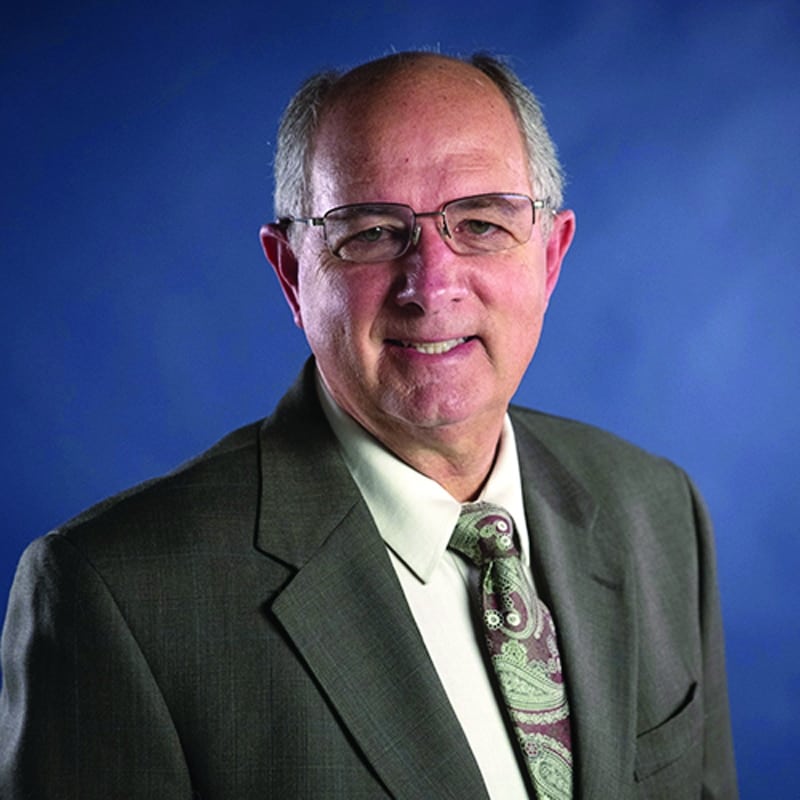By John Hebert, Louisiana Baptists missions and ministry team director
ALEXANDRIA, La. (LBM)—You may not consider yourself a “people person,” but if you want to successfully grow your church or church plant you better become one. It is one of the most important skills a leader must develop.
One of the masters of being a “people person” also happened to be the individual who launched the phrase, “What would Jesus do?”
Charles M. Sheldon was the son of a minister and became one himself in the Congregational Church, starting his ministry in Topeka, Kansas, in 1889.
He seemed to see things others could not or would not see and ministered in ways not imagined by others at the time. But his “secret” was that he actually put himself into situations to learn to empathize with others.
In an effort to understand and minister to the unemployed, during an economic depression, he put on old clothes and went to every store in town to apply for jobs, learning what it was like to be turned down by everyone.
Later, Sheldon noticed a colony of impoverished former slaves who had located near his church and took it upon himself to inspire Topekans to engage in relief projects for them. One of the outcomes of his efforts was the 1893 founding of the first African American kindergarten west of the Mississippi River.
As a side note, one of the kindergarten graduates was young Elisha Scott, who eventually became an attorney and had two sons who also became attorneys, John Scott and Charles Sheldon Scott (named after Charles M. Sheldon). They later filed the original case of Rev. Oliver Brown, whose fifth grade daughter Linda was denied entrance into the white Topeka School District. Brown v. Board of Education ended segregation in U.S. public schools.
Charles M. Sheldon also pushed the concept of living like Christ in his wildly popular book “In His Steps: What Would Jesus Do?” — an estimated 30 million copies sold world-wide. Sheldon proposed that believers should simply ask the question, “What would Jesus do?” to guide them in making good moral decisions.
The movement renewed in the 1990s when Sheldon’s great-grandson, Garrett W. Sheldon, published “What Would Jesus Do? A Contemporary Retelling of Charles M. Sheldon’s Classic, In His Steps.” We’ve all seen the bracelets that resulted from that and you even may be wearing one now, or have one in your office drawer.
Importantly, “What would Jesus do?” is a question we should ask ourselves with regard to being a “people person.” Matthew 11:19 and Luke 7:34 tells us that Jesus was a friend of sinners. Indeed, Luke 15:2 says he welcomed sinners. Mark 10:17-22 records that Jesus looked at the rich young ruler and loved him. Furthermore, Matthew 9:35-38 notes that when Jesus viewed the crowds following Him that He “was moved with compassion for them.”
Relating to lost and unchurched people is one of the most important skills for church leaders to possess, and for them to pass along to all Christians, because church growth is not about just gathering up the saved and incorporating them into your organization. It is about winning the lost and unchurched, making disciples, and, getting them involved in His Kingdom.
Not surprisingly, to master this skill simply do what Jesus did.
Start by taking the initiative to love them first.
Martin Luther said, “Sinners are attractive because they are loved, they are not loved because they are attractive.” Their lives are often even repulsive, but Jesus loved them and so should we.
It may be helpful to remember that every saint has a past, and every sinner has a future. You were once very much like them. You will not reach them if you do not love them.
Loving the lost will help you be more merciful and less judgmental, and, you also will learn to be more truthful with them.
Jesus had mercy on the woman caught in the act of adultery and the woman at the well of Samaria, but he also told them the truth.
He shared mercy and truth with Zacchaeus and inspired him to repent.
Remember that Jesus did not compromise himself with the lost. He did not joke with them about their sin or participated in it. Instead, he met them on a personal level and maintained his integrity while imparting truth.
Take the initiative to get to know lost and unchurched people. Smile, make eye contact and ask questions that establish common ground with them. Steer the conversation to spiritual concerns at the appropriate time.
It may take time to build rapport but it will be worth the effort.
After you have developed a connection with them, approach the issue about living for Christ, with the leading of the Holy Spirit.
Relating to the lost and unchurched is a skill and a spiritual endeavor. It is the connection of your faith with their initial experience with the power of the Holy Spirit. So be gentle, be prayerful, and remember, Jesus is a friend of sinners and we should be, too.






